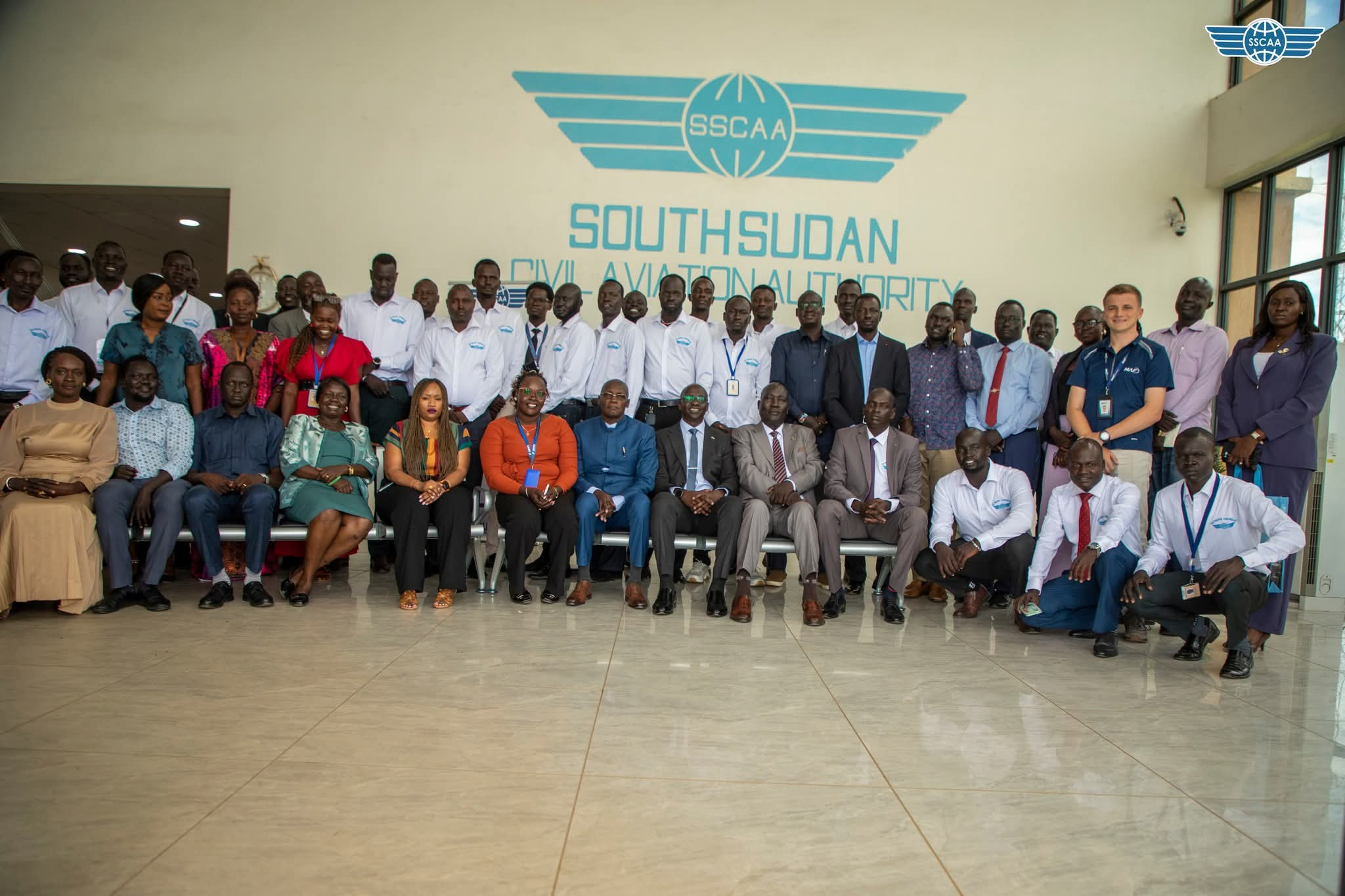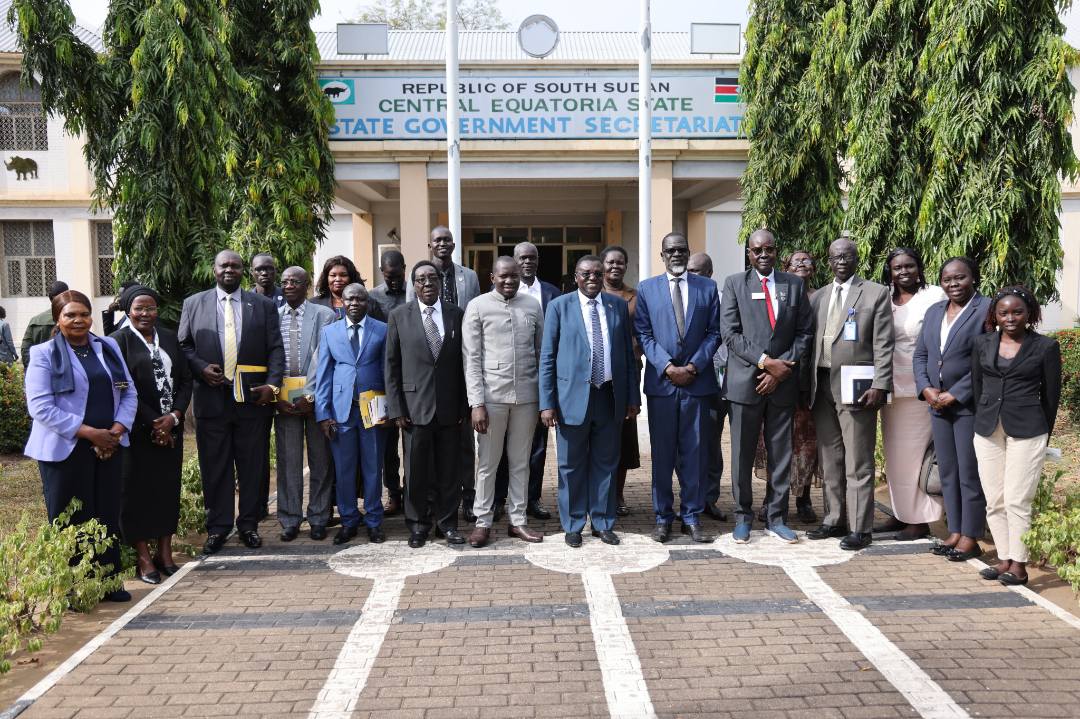
By Emmanuel M. Garjiek
Microeconomic activity and retail establishments play a crucial role in promoting economic growth and increasing national income in South Sudan’s developing economy. Economic stability and prosperity depend on the strategic development of these sectors as a country emerging from a protracted conflict and confronting many developmental obstacles. This paper explores how retail establishments and microeconomic activities affect South Sudan’s national income in a variety of ways, highlighting how they support local economic development, job creation, income distribution, and overall economic growth.
Job Creation and Employment Opportunities
In South Sudan, the development of job possibilities is one of the main benefits of retail establishments and microeconomic activity. Many people are employed by small companies, including artisanal firms, local markets, and stores. A wider spectrum of people, including those with little money and formal education, can start and run these firms since they are frequently simpler to do so than larger corporations.
Microeconomic activities raise household incomes and lower unemployment rates by creating jobs. Higher consumer spending follows, which boosts the demand for products and services. A positive cycle of economic activity that boosts national income is created when the increased demand spurs the expansion of additional enterprises.
Income Distribution and Poverty Reduction
Retail and microeconomic enterprises are essential to South Sudan’s efforts to reduce poverty and distribute revenue. Because they frequently operate in local communities, the money made by these companies stays in the area and helps the local populace. This is especially crucial in rural areas because there are fewer large-scale industrial operations and less formal employment options.
Microeconomic activity helps to enhance living standards and lessen income disparity by supplying income to lower-income households. This more equitable income distribution may result in a more inclusive economy and more economic involvement. The nation’s general development is further aided by the increased ability of more individuals to invest in healthcare, education, and other vital services.
Local Economic Development
Local economic growth in South Sudan is stimulated by the existence of retail and microeconomic enterprises. By generating demand for regional products and services, these companies help to sustain other regional suppliers and businesses. For instance, a small retail store might purchase its goods from regional manufacturers, farmers, and artists, establishing a web of economic activity that is advantageous to many parties.
Furthermore, microeconomic activity can result in the growth of community services and infrastructure. Transportation, utilities, and communication networks are more important as firms expand. In addition to helping the businesses, the construction of these infrastructures improves the standard of living for the local populace.
Contribution to National GDP and Economic Growth
Direct contributions to South Sudan’s GDP come from retail establishments and microeconomic activity. These companies’ sales revenue contributes to the national income, giving the government tax money that can be used to fund infrastructure and public services. The economy is significantly multiplied by the rise of the retail sector in particular. Demand for goods and services from other industries, like manufacturing, logistics, and agriculture, is increased when retail enterprises grow.
Economic stability also depends on the economy being more diverse through the growth of microeconomic activity. An economy that is overly dependent on a small number of key businesses or sectors may be more susceptible to outside shocks, such as shifts in the price of commodities globally or shifts in the political and economic landscape. South Sudan may create a more robust economy that can better endure these difficulties by encouraging a wide variety of small and medium-sized businesses.
Challenges and Opportunities
Although retail and microeconomic enterprises have a major influence on South Sudan’s national GDP, a number of obstacles must be overcome before their full potential can be realized. A significant obstacle is the absence of proper infrastructure, including roads, electricity, and internet access. These shortcomings may make doing business more expensive and restrict the expansion of businesses.
Another crucial issue is financial accessibility. In South Sudan, a lot of small company owners struggle to get the funding they need to launch and grow their companies. Because of the perceived dangers and the absence of collateral, financial institutions could be reluctant to lend to small businesses. Innovative financial solutions that can give small firms the help they need, such government-backed loans and microfinance programs, are required to overcome this.
Support from policy is also necessary for the expansion of retail and microeconomic enterprises. By enacting laws that foster an atmosphere that is favorable to corporate growth, the government can play a crucial role. This includes lowering regulatory obstacles, offering tax breaks, and assisting with initiatives that increase the ability of business owners. By establishing a framework of beneficial policies,
The government has the power to stimulate investment and small business expansion.
Final Thoughts
To sum up, South Sudan’s national income is significantly increased by microeconomic and retail enterprises. They increase local economic development, enhance income distribution, generate job opportunities, and boost the GDP of the country. These sectors have enormous potential to propel economic growth and development, notwithstanding the obstacles they face. In order to create a more robust and prosperous economy, South Sudan may use the potential of retail enterprises and microeconomic activity with the correct laws, infrastructural investments, and financial assistance. All residents will benefit from the nation’s inclusive and sustainable economic growth if it cultivates a thriving entrepreneurial ecosystem








